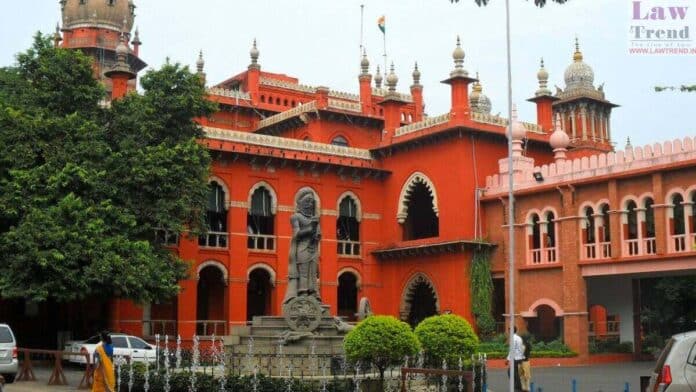In a pivotal move, the Madras High Court has established a set of guidelines designed to protect citizens from police harassment under the guise of investigation. The court’s intervention highlights a critical balance between law enforcement’s role in criminal inquiries and the need to safeguard individual rights.
Justice GK Ilanthiraiyan, presiding over the case, emphasized the court’s duty to intervene in instances of police misconduct despite the general non-interference stance in police investigations as outlined under Section 528 of the Bharatiya Nagarik Suraksha Sanhita (BNSS). The ruling was prompted by a petition from Prasanna Sankaranarayanan, co-founder of the software firm Rippling, who alleged that police harassment was orchestrated at the behest of his estranged wife amidst a bitter matrimonial dispute.
Sankaranarayanan’s distress was publicized last week through a series of viral posts on the social media platform X, where he accused his wife of leveraging false cases to abduct their son. The petitioner detailed instances from March 7 to 12, during which police allegedly tried to forcibly remove his son from his hotel room and vacation rental in Chennai. His petition also claimed that the police harassed his mother and a friend in Bangalore as part of these efforts.
Taking these allegations seriously, the court issued comprehensive directives to the Tamil Nadu police, instructing them to avoid overreach and ensure that their authority is not misused. Key guidelines include the requirement for police to issue written summons under Section 179 of the BNSS to any individual named in a criminal complaint or called as a witness. These summons must clearly stipulate the date and time for the person to appear before the police.
Further, the court mandated that all inquiry proceedings be meticulously documented in the general diary or station diary at the concerned police station, enhancing transparency and accountability. Moreover, the court ordered that police officers should strictly adhere to protocols that prevent the harassment of individuals attending inquiries or investigations.
Additionally, the high court reaffirmed the necessity to comply with the Supreme Court’s directives from the landmark Lalita Kumari Vs Government of Uttar Pradesh case concerning preliminary inquiries and the registration of First Information Reports (FIRs).




